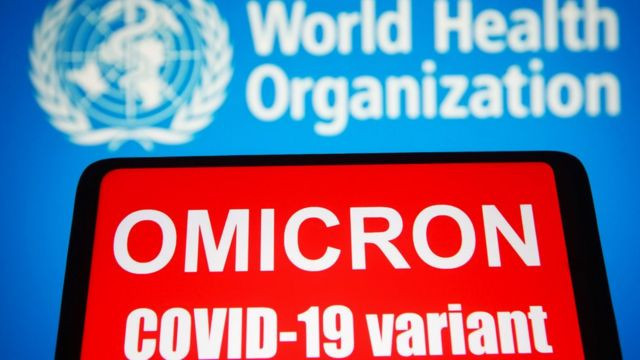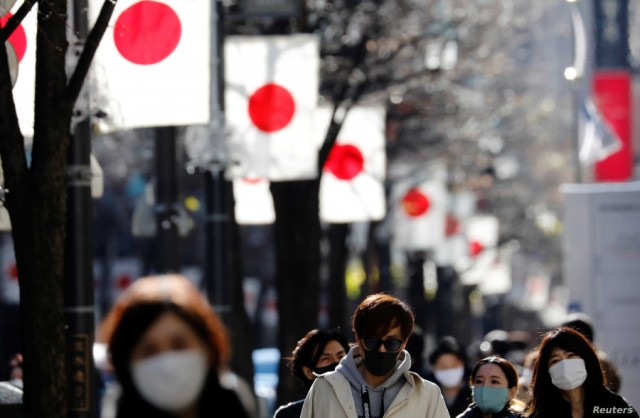The World Health Organization has confirmed that travel bans will not stop the spread of the new mutated coronavirus (Omicron).
According to Arabiya Net, the organization called on countries around the world to adopt an approach based on risk assessment, but advised those over 60 and in poor health to postpone travel.
The organization said in a guidance document containing its recommendations on travel that as of November 28, 56 countries have put in place travel measures aimed at delaying the entry of the new mutant to them, according to AFP. /p>
However, the organization considered that a general travel ban would not prevent the spread of the mutation worldwide, and would place a heavy burden on life and livelihoods.
She also added that such decisions could negatively impact global health efforts during a pandemic by discouraging countries from reporting and sharing epidemiological data.
In its recommendations to the general population, it called on people who are not in good health or at risk of developing severe or fatal COVID-19 disease, especially people aged Those aged 60 years and over or who suffer from comorbidities (such as heart disease, cancer and diabetes) may postpone travel.
It is reported that several countries have taken decisions banning flights, especially from South Africa and neighboring countries, where the mutant was first detected.
More generally, the organization called on all travelers to be vigilant, vaccinate and follow public health rules regardless of whether or not they receive the vaccine, especially by using protective masks, adhering to physical distancing measures and avoiding Crowded and poorly ventilated places.
In its guidance, states called for a risk-based approach when taking measures such as passenger screening and quarantine.
As I wrote: All measures must be proportional to the risks and time-bound and must be implemented with respect for travelers' dignity, human rights and fundamental freedoms. I stated, as I did repeatedly at the onset of the pandemic, that essential international travel - including humanitarian, emergency, repatriation and transport of essential goods - must remain a priority.
It is noteworthy that the World Health Organization's regional office in Africa had called last Sunday to keep the borders open after South Africa called for the immediate and urgent lifting of travel restrictions imposed on it after Monitor the mutant omicron.










































